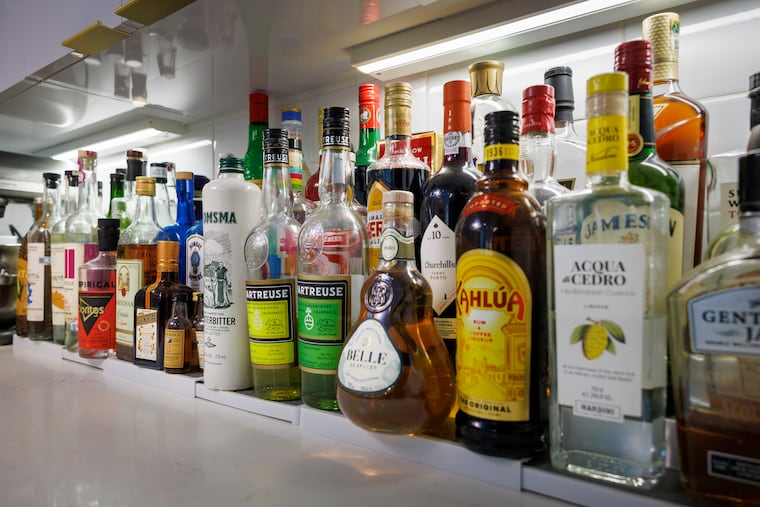Many Americans are reconsidering alcohol consumption, according to recent survey findings.
Recent findings show a significant decline in alcohol consumption among Americans, coinciding with increasing health concerns associated with drinking. According to a Gallup poll released this week, just 54% of U.S. adults now report consuming alcoholic beverages, marking the lowest percentage in three decades.
A salient factor behind this trend is the burgeoning skepticism regarding the health benefits of moderate drinking. The survey revealed that 53% of adults believe that moderate alcohol consumption poses health risks, a stark increase from 28% in 2015. This shift is particularly prominent among younger adults. Approximately two-thirds of individuals aged 18 to 34 perceive moderate drinking as harmful, reflecting a significant rise from about 40% in 2015. While older adults have historically been less inclined to view drinking negatively—only half of those aged 55 and older currently share this sentiment—their views are shifting as well, with a notable increase from 20% in 2015.
This growing apprehension about alcohol is underscored by a broader context of health advice and dietary guidelines evolving to reflect new scientific consensus. Previously, moderate drinking was often seen as beneficial for heart health; however, recent research has highlighted the negative health implications associated with alcohol consumption, including its categorization as a leading cause of cancer. In light of these findings, health officials, including the outgoing U.S. Surgeon General, have advocated for clearer labeling on alcoholic beverages to inform consumers of the associated risks.
The decline in drinking is particularly pronounced among women and young adults, who have been progressively consuming less alcohol over recent years. While historically, young adults were the demographic most likely to report alcohol consumption, current data indicates that their drinking rates have dipped below those of older adults, representing a noteworthy change in societal drinking habits.
Overall, Americans’ reported drinking levels are the lowest since Gallup began tracking this data in 1939, with fewer than 60% of adults consistently affirming alcohol consumption over the decades. Concurrently, even among those who do continue to drink, consumption frequency appears to be decreasing. The survey indicates that approximately 25% of adults reported drinking alcohol in the last 24 hours, setting a record low, while around 40% noted that it had been over a week since their last drink.
As the federal government prepares to update dietary guidelines, including alcohol consumption recommendations, the discourse around alcohol’s health implications continues to evolve, shaping the public’s perception and consumption behaviors in increasingly cautious ways.







